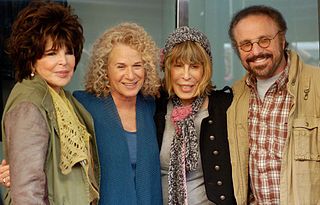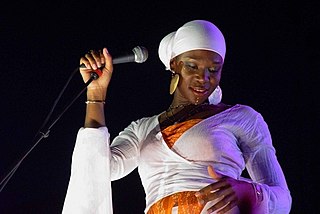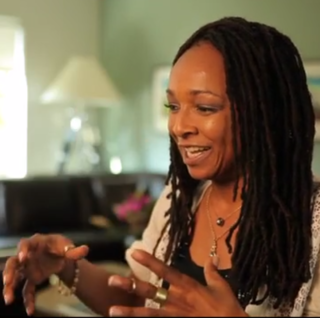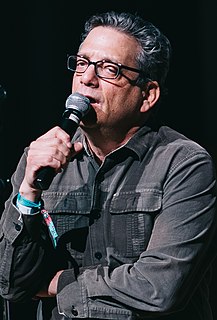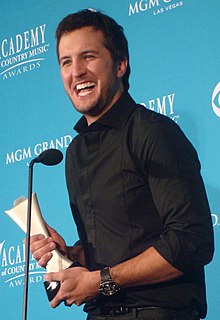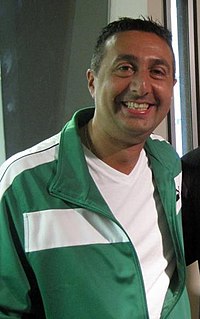A Quote by Andrew Bird
The way I work, I'm not a confessional singer-songwriter.
Quote Topics
Related Quotes
I love it when people refer to me as a singer-songwriter. I get flutters in my stomach because they say, 'This is Grace VanderWaal, singer-songwriter,' not, 'This is Grace VanderWaal, winner of 'America's Got Talent.'' I'm so proud of that; it's such a big chapter of my life. But it's nice to kind of not be known as just that.
Being singer/songwriter implies versatility and being able to create more than one medium, and R&B artist is a box, simple as that. It is 'that's what you do, that's what you are', and that's a little unfair, to me, because I don't just do that. So I like singer/songwriter because it allows me to move a little bit more freely.
I'm more critical of my songwriting than anybody, but I've worked really hard in the last five to 10 years to improve. I didn't take it all that seriously when I started. It was a little bit of a stigma to being a songwriter or a folkie back then. I did a lot of send-ups of sensitive singer-songwriter stuff when I was starting out, which limited my development as a songwriter in a way. I wasn't really fully given license to explore that until the mid-90s. I'm still working on it; I'm a little bit of a late bloomer.


